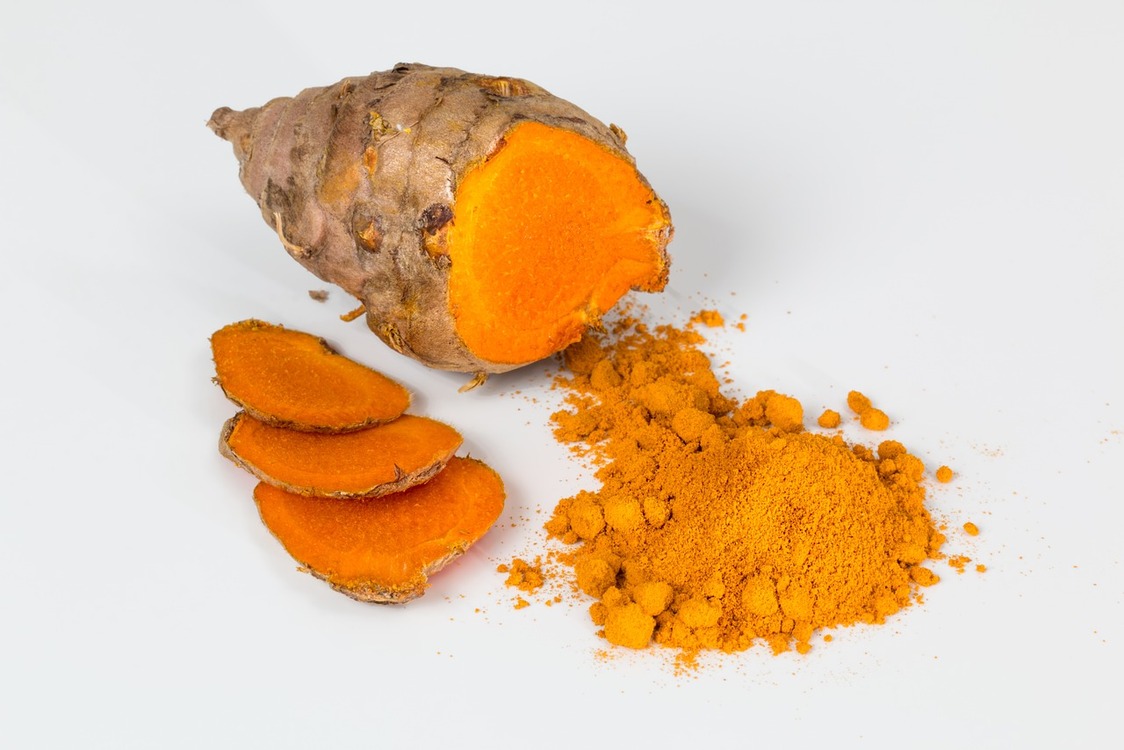Turmeric is one of the most widely studied natural products and has proven benefits in numerous diseases, including cardiovascular diseases. Therefore, turmeric for the heart. It is a plant native to South Asia, especially China, India, and Indonesia. It has been used for centuries as a colorant and flavoring in different types of sauces and foods.
Medicinal use of turmeric
Traditionally, turmeric has been used for medicinal purposes since ancient times in countries such as India and China. It has been used for the treatment of jaundice and other liver diseases, infections, inflammations, and mouth diseases.
Multiple research studies have shown that turmeric is a medicinal herb with a wide range of pharmacological activities. It has been observed to have antioxidant, antimicrobial, anti-inflammatory, anticancer, antitoxic, and antiradiation effects.
The pharmacological activity of turmeric is due to its multiple bioactive components, but it has been mainly attributed to the so-called curcuminoids. These are what give turmeric its yellowish color and, among them, curcumin stands out. Regular consumption of turmeric extracts decreases the probability of developing arterial disease.
Cardiovascular effects
Turmeric extracts and curcuminoids have been shown to be effective in preventing and treating multiple cardiovascular pathologies. The most notable effect of turmeric is its antioxidant power, which makes it a useful natural product in cardiovascular prevention.
Curcumin, and curcuminoids in general, inhibit the action of different oxidative substances in the body and increase the activity of various antioxidant enzymes. In addition, they contribute to the elimination of free radicals, thus reducing their toxic effect on the arterial wall. These antioxidant actions contribute to the prevention and reduction of atherosclerotic lesions in the arteries.
The anti-inflammatory effect of turmeric is also useful in cardiovascular prevention. Oxidative stress leads to chronic inflammation, which promotes the development of atheroma plaques. Different substances circulating in the blood act as mediators of inflammation. Curcuminoids reduce oxidative stress and inhibit inflammatory mediators, thus preventing the formation of atheromas.
Studies with turmeric have also shown that it can inhibit the proliferation of smooth muscle cells in the arterial wall, thus preventing the formation and growth of atheromatous plaques. Curcuminoids also have antithrombotic properties, as they inhibit platelet aggregation, which can prevent myocardial infarction and stroke. In addition, its anti-inflammatory and antioxidant effect helps counteract tissue damage caused by myocardial infarction and reperfusion.
Effects on risk factors
Curcuminoids reduce fatty acids, LDL cholesterol and triglycerides in the blood, and increase HDL, which contributes to their anti-atherosclerotic effect. Curcuminoids not only reduce LDL, but also block its oxidation, thereby inhibiting the formation of oxidized LDL, which is the form that causes the most arterial damage. Several studies in humans have shown that curcuminoids improve the blood fat profile in both diabetics and non-diabetics.
Curcuminoids also have beneficial effects on various circulating vasoactive mediators, increasing some vasodilatory substances and decreasing vasoconstrictive ones, which allows reducing blood pressure, making turmeric useful in the treatment of arterial hypertension.
Curcuminoids also have antidiabetic properties, helping to control blood glucose and prevent the development of arterial lesions caused by diabetes. Turmeric consumption decreases glucose and glycosylated hemoglobin in the blood, increases insulin levels and activates hepatic glucose metabolism. On the other hand, curcuminoids reduce inflammatory mediators that increase insulin resistance, which contributes to better regulation of blood glucose.
Finally, curcuminoids decrease body fat deposits, making them useful in the treatment of obesity, thereby counteracting another cardiovascular risk factor. Turmeric reduces fat cells in adipose tissue and blocks the release of proinflammatory cytokines by these cells. The effect of curcuminoids on fat, diabetes, obesity, and hypertension may be useful in the treatment of metabolic syndrome.

